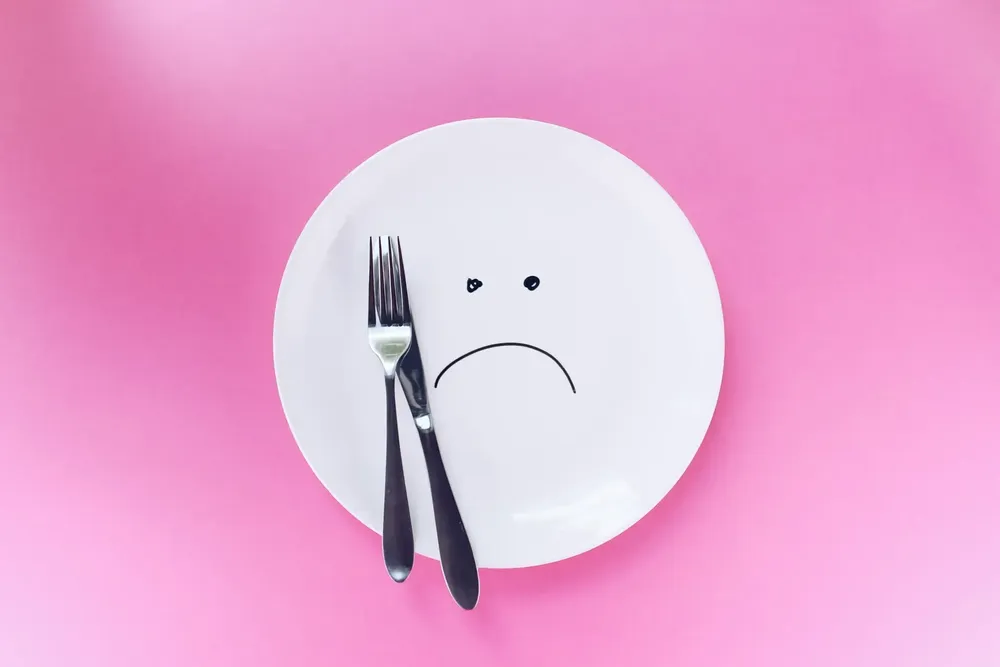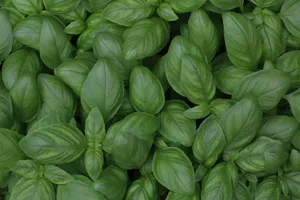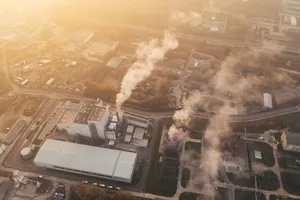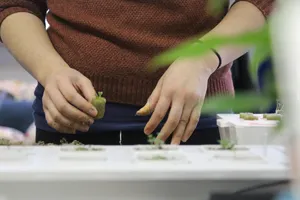Who can still afford a sustainable diet?
Since the war in Ukraine, prices for basic foodstuffs have been rising sharply. Even before that, it was difficult to supply poorer parts of the planet with sufficient food. Due to the climate crisis, food prices are likely to rise further. Who can even afford a sustainable diet now?
The price of wheat has more than doubled on the global market in recent months. Sunflower oil has even tripled compared to last year.
Among other things, the war of aggression on Ukraine is to blame. In 2021, the harvest of grain and oil seeds from Ukraine amounted to 106.4 million tons. At the same time, Ukraine, for example, serves more than 10% of the demand of grain from Egypt.
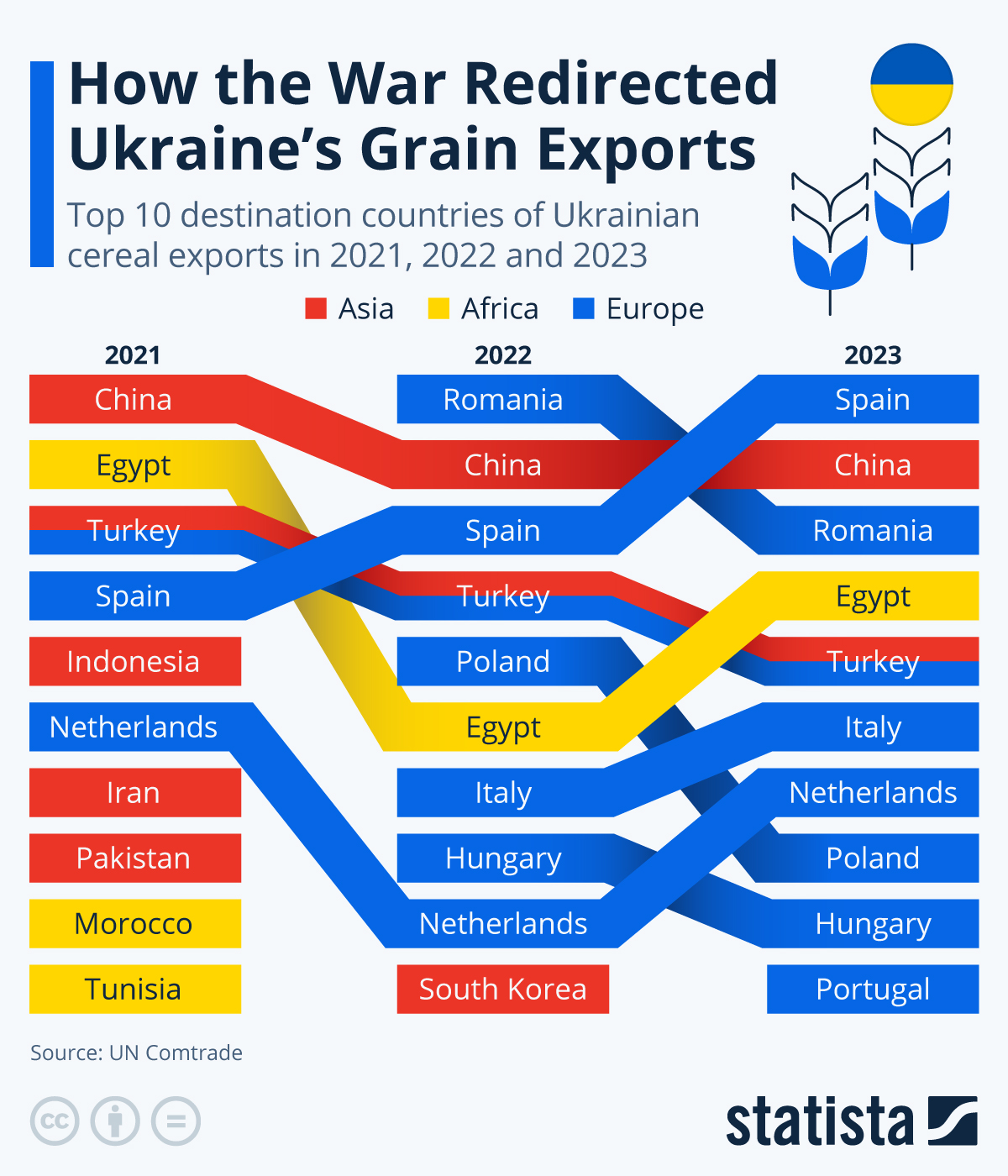 You will find more infographics at Statista
You will find more infographics at StatistaScientists have already predicted in the past that the climate crisis may lead to supply shortages. Extreme weather events and higher temperatures have a negative effect on the volume of harvests. The heat wave in India has already prompted the government there to impose an export ban on grain.
Try to grow your own crops at home, with this indoor greenhouse*
With the Planetary Health Diet, the 2019 EAT-Lancet Commission has put forward a concept for a global diet that allows us to live healthily, feed 10 billion people and tackle the climate crisis. We have already presented the concept in the following article.

Already at the time of publication, it was criticized that a large part of the world's population cannot afford this diet. An analysis by Hirvonen et al. showed that even with 2011 food prices, it is not affordable for 1.58 billion people. In this 2019 analysis, the main drivers of cost were fruits and vegetables, legumes and nuts, meat, eggs, and fish as well as dairy products. Grains as well as oils were among the smallest contributors to costs in this analysis. Nevertheless, they make up a large portion of the Planetary Health Diet. With grains accounting for 32.4% of the total and 18% for fats, the categories whose prices have risen particularly this year account for more than 50% of the global diet. It is therefore not far-fetched to assume that considerably more people are now unable to afford this diet.
Want to try it on a larger scale? Try this greenhouse for your garden*
In May, the Global Network Against Food Crises published its Global Report on Food Crises. According to this report, about 193 million people were affected by acute hunger at crisis levels or worse in 2021. This sad peak may be surpassed again this year.
Germany is not facing a supply bottleneck. But that does not mean that people here are not impacted by rising food prices. Especially, people who are dependent on unemployment benefit II have a tightly calculated budget, which is already barely enough to live on a day-to-day basis. Higher food prices then have to be saved elsewhere.
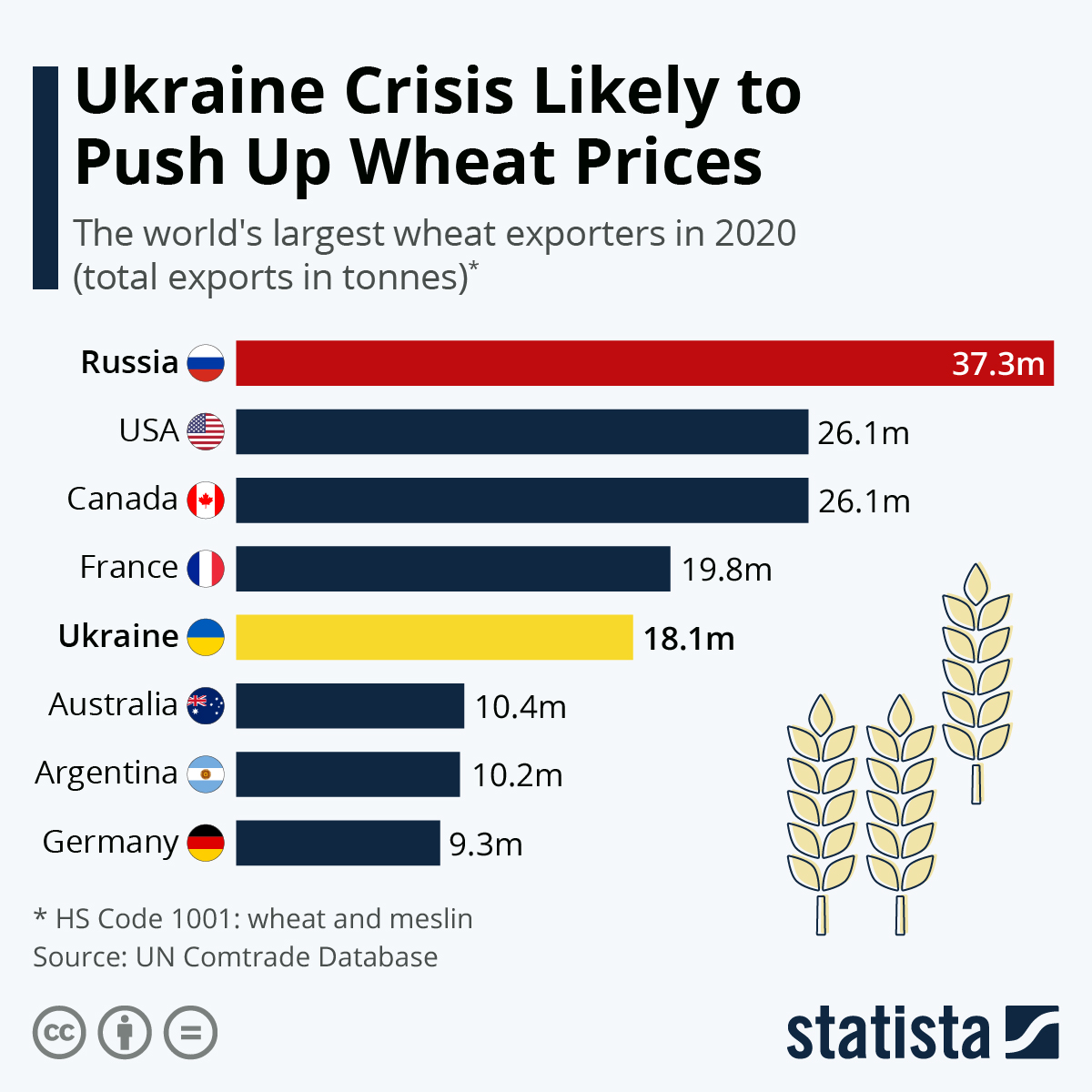 You will find more infographics at Statista
You will find more infographics at StatistaThe way we currently eat also contributes to the problem. 60% of all cereals are used as animal feed, according to Martin Hofstetter of Greenpeace. If 10% fewer animals were raised in Europe, that would replace the entire grain export shortfall from Ukraine.
So if this year's crisis shows anything, it's that we need to dynamically address the issue of global food supply. Already, many people cannot afford the Planetary Health Diet. Harvests can vary due to weather as well as other crises, and demand must adjust accordingly.
New technologies, such as hydroponics and vertical farming, can also help make the food supply more resilient to crises. These technologies ensure that food production is no longer so dependent on the weather, as plants are supplied with LEDs and water pumps in facilities designed for this purpose. However, these technologies are currently barely profitable and more investments need to be made.
At gustar.io, we are trying to make it easier for people to eat sustainably with our app gustar.io Recipe Search. Currently, we are still following the rigid blueprint of the Planetary Health Diet. We are also learning that this is not enough, and we will try to work on our technology so that it adapts more dynamically to the prices and availability of local agricultural products.
* The links to sources of supply are affiliate links: If you buy through them, you are actively supporting gustar.io, as we will then receive a small portion of the sales proceeds. Thank you very much! :-)

